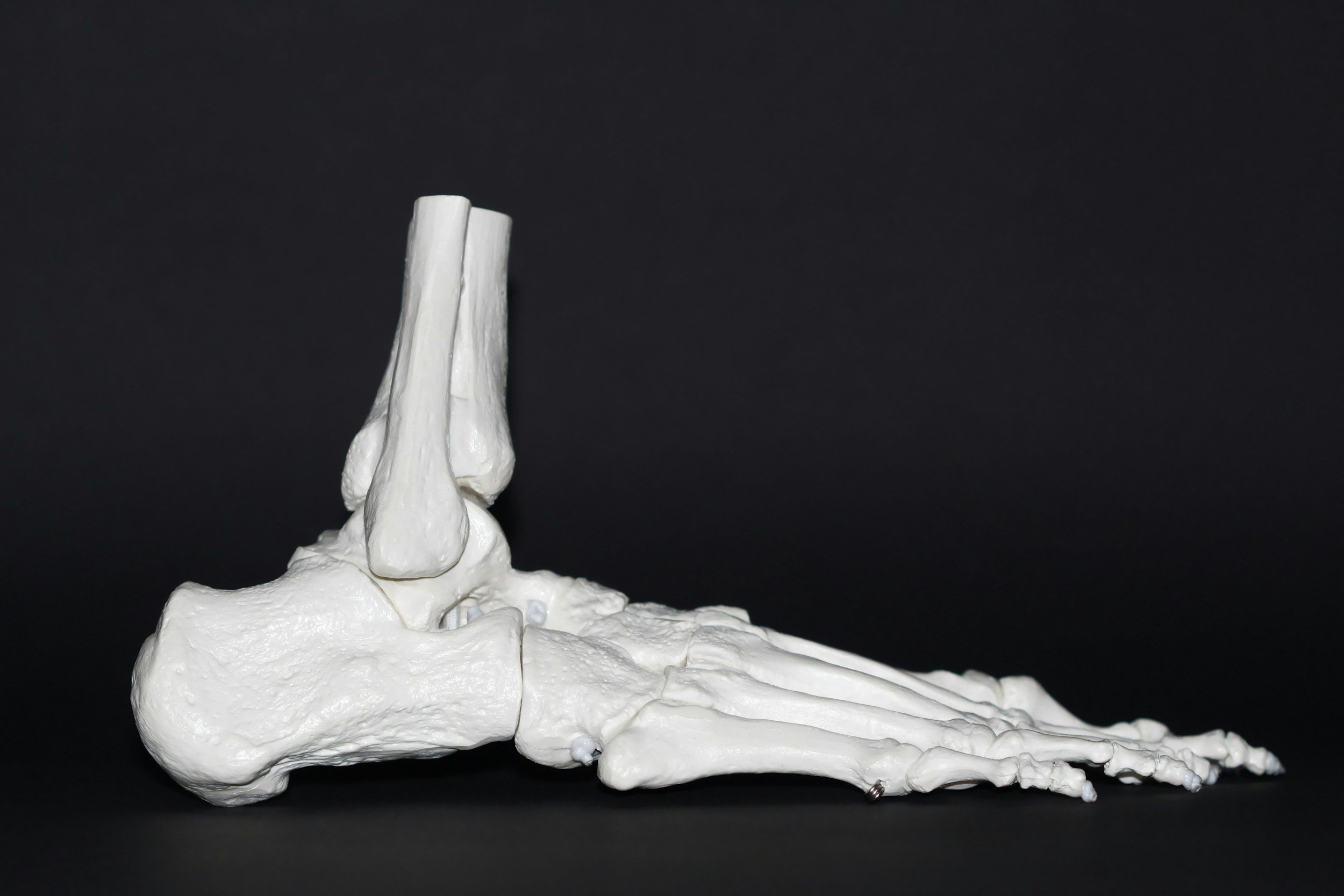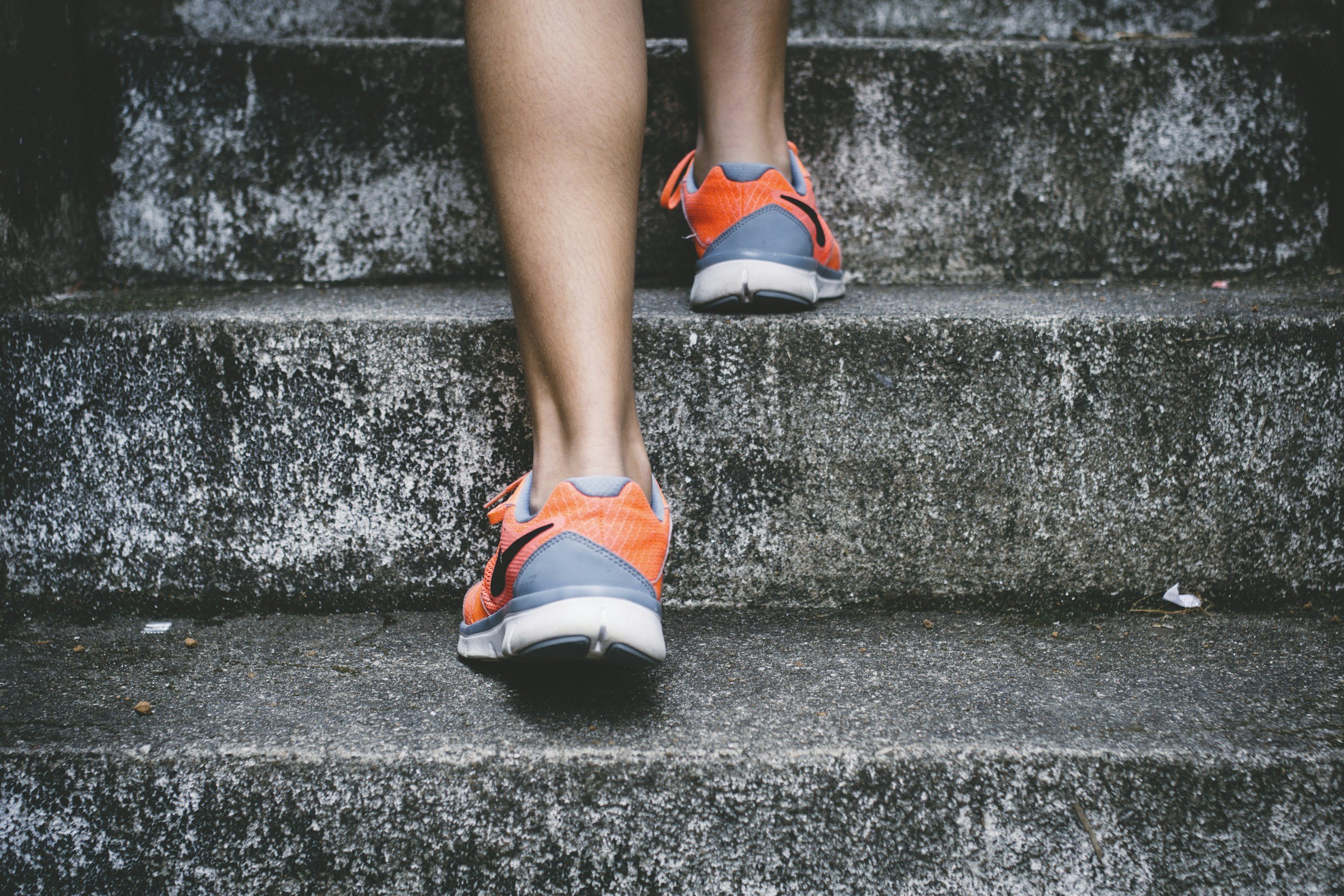What Happens When Female Athletes Don’t Fuel Enough? A Deep Dive into the Latest Research
For endurance athletes, fueling is training. Your body isn’t just burning calories—it’s adapting to stress, repairing muscle, and building resilience for future workouts. But what happens when energy intake doesn’t match training demands?
A new study, The Whole-Body and Skeletal Muscle Metabolic Response to 14 Days of Highly Controlled Low Energy Availability in Endurance-Trained Females (PMID: 39530548), sheds light on this exact question. The findings? Even short-term under-fueling can take a major toll on performance, with lingering effects even after refueling.
Let’s break down the research and explore why consistent energy intake is non-negotiable for endurance athletes.
The Benefits of Beetroot Juice: Research Deep Dive
Beetroot juice has garnered attention in recent years as a potential performance-enhancing supplement for athletes. But does this translate to better aerobic capacity and endurance for athletes, especially women?
The study "Effect of Beetroot Juice Supplementation on Aerobic Capacity in Female Athletes: A Randomized Controlled Study" seeks to answer this very question. In this article, we’ll dive into the key findings and clarify what the science actually says about beetroot juice supplementation.
Fueling on the Go: A Day of Eating for Traveling Endurance Athletes
Traveling as an endurance athlete doesn’t mean compromising your nutrition. Whether you're on the road for work, training camps, or races, having a solid fueling plan can keep your energy levels steady, support muscle recovery, and optimize performance. This guide lays out a simple, travel-friendly day of eating that balances macronutrients, hydration, and convenience.
Bone Stress Injuries and Iron Status: The Essential Connection for Endurance Athletes
As an endurance athlete, you already know the importance of fueling your body for peak performance. You prioritize your training, recovery, and nutrition to stay strong and healthy. But what if I told you that one often-overlooked nutrient could be the missing link to preventing bone stress injuries and improving your overall health? That nutrient is iron.
The Hidden Link Between Energy Availability, Carb Intake, and Bone Stress Injuries
As an endurance athlete, you're no stranger to pushing your body to its limits. Whether you're running marathons, cycling long distances, or swimming in triathlons, your body endures a great deal of physical stress. But what if I told you that inadequate fueling could make one of your most essential structures—your bones—more vulnerable to injury?
Low Energy Availability and Relative Energy Deficiency in Sport: What Every Athlete Needs to Know
For endurance athletes and those in weight-class or aesthetic sports, balancing nutrition and training is crucial. But what happens when you’re unintentionally under-fueling? A recent systematic review and meta-analysis sheds light on the risks of low energy availability (LEA) and Relative Energy Deficiency in Sport (RED-S)—conditions that can compromise performance, recovery, and long-term health.
Let’s dive into the research and what it means for athletes striving for peak performance.







